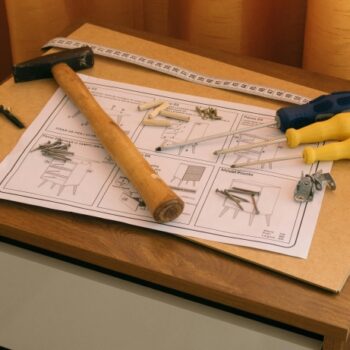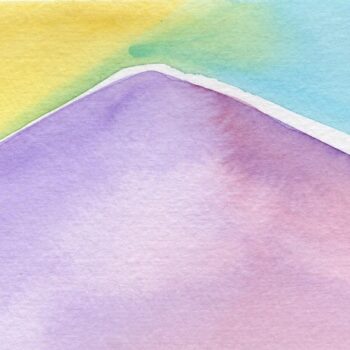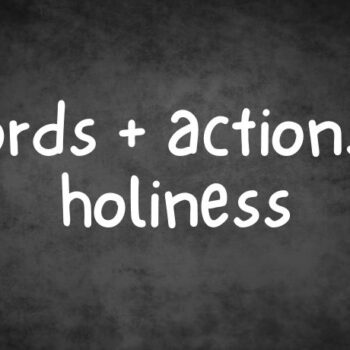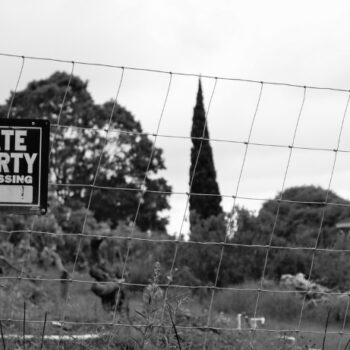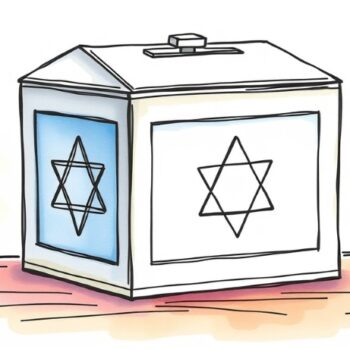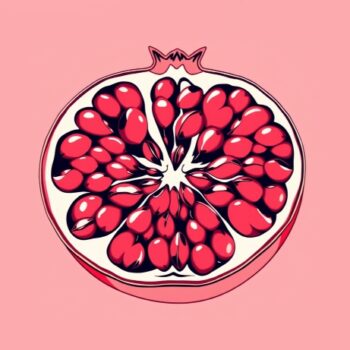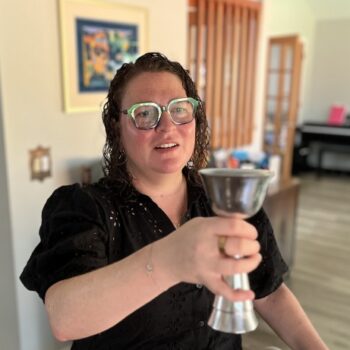At first glance, Torah can seem too vast, too complex, or too distant for us to grasp fully. However, Parshat Nitzavim reminds us otherwise: Torah is not unreachable; it is close, accessible, and waiting for us to live it.
Judaism teaches that even in the ordinary, our choices are infused with holiness. And one of the most powerful ways we frame this is through the blessings we say before learning Torah or performing mitzvot.
Ki Teitzei challenges us to see our daily actions as opportunities for blessing. Each time we care for another person, act with responsibility, or protect the vulnerable, we are living the words asher kid’shanu b’mitzvotav.
In a world that constantly tells us we need more—more success, more space, more stuff—it’s hard to know when we’ve reached enough. What does it mean to be truly content with what we have?
The Torah doesn’t say we should give when it’s convenient, or when we feel emotionally moved. It says, “You shall surely open your hand.” The double verb in Hebrew “patoach tiftach” emphasizes urgency and wholeheartedness.
Food isn’t just fuel—it can be a memory, a story, even a portal to gratitude. Our tradition’s blessings over food can feel routine, but Parshat Eikev invites us to pause and reconnect with those deeper emotional ties.
Kiddush is more than a pre-dinner ritual. It’s a declaration of values. It reminds us that our worth isn’t measured by productivity, that time can be holy, and that rest is resistance in a world that demands constant motion.


